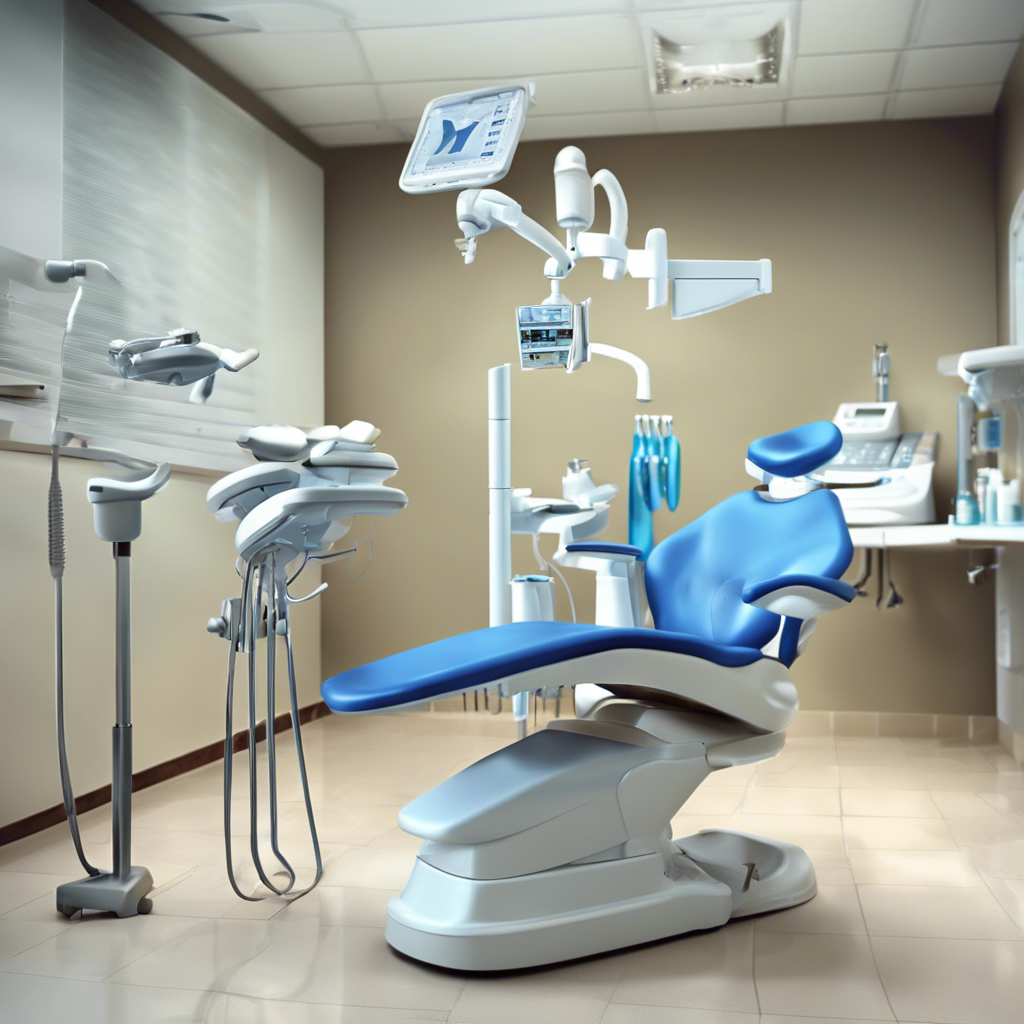Maintaining a healthy smile goes beyond just brushing and flossing; it also involves making conscious dietary choices that promote good oral health. Our diet plays a significant role in the well-being of our teeth and gums. By incorporating tooth-friendly foods into our daily meals, we can support our dental health and contribute to a brighter smile. In this article, we will explore some valuable tips for creating a tooth-friendly diet that benefits not only our teeth but our overall well-being.
Understanding the Importance of a Tooth-Friendly Diet
One of the fundamental pillars of good oral health is a balanced and nutritious diet. The foods we consume have a direct impact on our teeth and gums, influencing factors such as tooth decay, gum disease, and overall oral hygiene. By being mindful of what we eat, we can actively work towards preventing common dental issues and maintaining a healthy smile for years to come.
Incorporating Tooth-Friendly Foods into Your Diet
1. Crunchy Fruits and Vegetables
Include an abundance of crunchy fruits and vegetables in your diet. Apples, carrots, and celery act as natural toothbrushes, helping to scrub away plaque and stimulate saliva production, which is essential for neutralizing acids in the mouth.

2. Dairy Products
Dairy products like cheese, milk, and yogurt are rich in calcium and phosphates, which are vital for strengthening tooth enamel and preventing tooth decay. Additionally, dairy products help balance the pH levels in the mouth, reducing the risk of cavities.
3. Lean Protein Sources
Include lean protein sources such as poultry, fish, and eggs in your meals. Protein is essential for the maintenance and repair of oral tissues, including gums. Opt for grilled or baked options to maintain optimal oral health.
4. Leafy Greens
Incorporate leafy greens like spinach, kale, and broccoli into your diet. These nutrient-rich vegetables are high in vitamins and minerals that promote gum health and protect against inflammation.
5. Nutritious Snacks
Choose tooth-friendly snacks like almonds, seeds, and sugar-free yogurt. These snacks not only satisfy your cravings but also provide essential nutrients that support dental health without harming your teeth.
Avoiding Harmful Foods for Dental Health
While certain foods promote oral health, others can be detrimental to the well-being of your teeth and gums. To maintain a tooth-friendly diet, it is crucial to limit or avoid the following:
Sugary Foods and Beverages : Excessive sugar consumption feeds bacteria in the mouth, leading to tooth decay and cavities.
Acidic Foods : Foods high in acidity, such as citrus fruits and vinegar-based dressings, can erode tooth enamel over time.
Sticky and Chewy Foods : Candies, dried fruits, and chewy snacks can cling to teeth, promoting plaque formation and increasing the risk of cavities.
Additional Tips for Optimal Oral Health
To complement your tooth-friendly diet, here are some additional tips for maintaining optimal oral health:
Stay Hydrated : Water is essential for saliva production, which helps wash away food particles and bacteria in the mouth.
Practice Good Oral Hygiene : Brush your teeth at least twice a day, floss regularly, and visit your dentist for routine check-ups and cleanings.
Limit Snacking : Frequent snacking can expose your teeth to sugars and acids throughout the day. Try to space out your meals and snacks to reduce this exposure.
In conclusion, adopting a tooth-friendly diet is a proactive step towards safeguarding your oral health and preserving your smile. By making informed choices about the foods you consume and following good oral hygiene practices, you can promote healthy teeth and gums for a lifetime. Remember, your dental health is an integral part of your overall well-being, so prioritize it with every bite you take.
Let's keep those smiles shining bright!


Comments